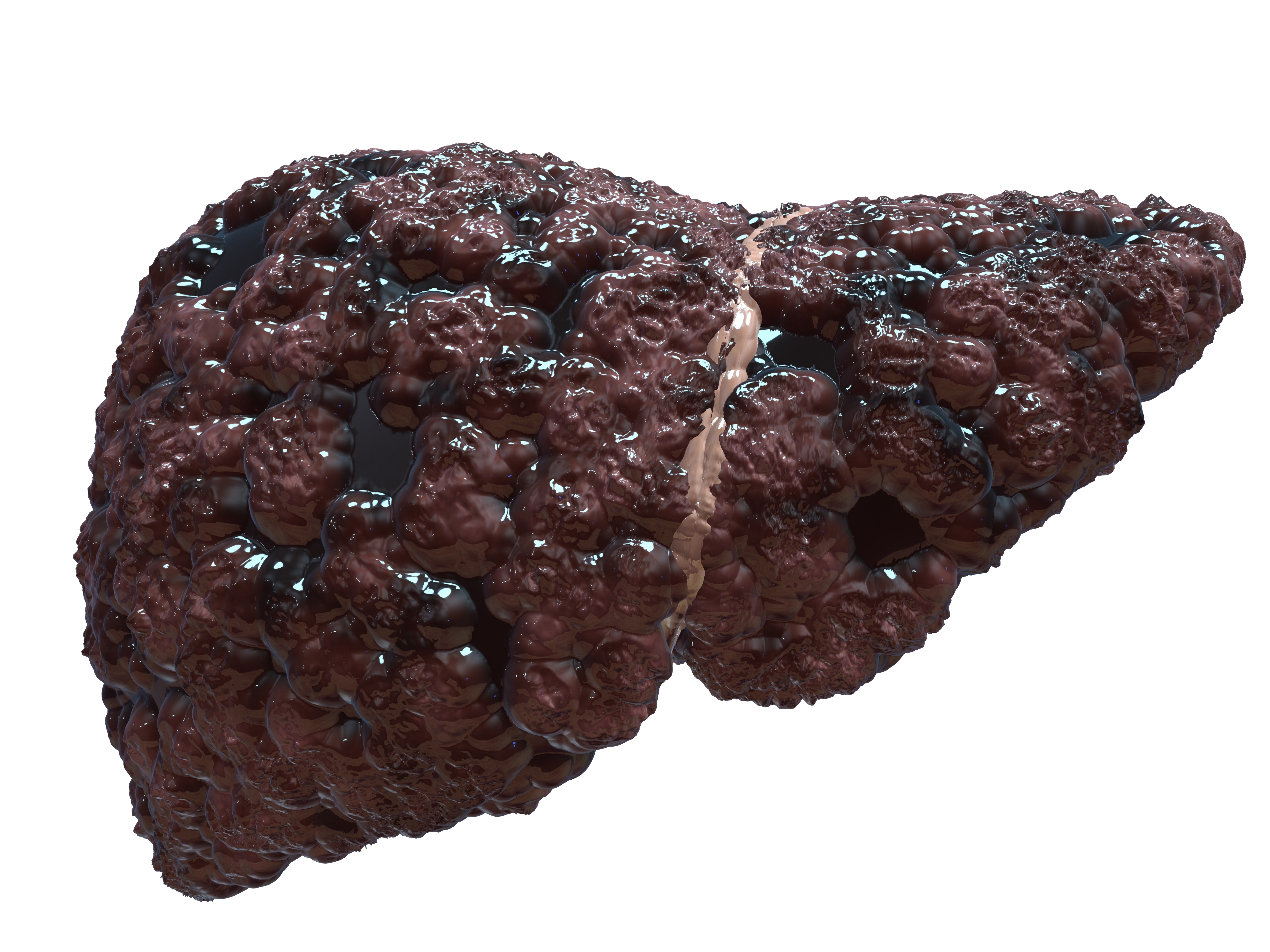 Scientists at University of Colorado School of Medicine at the Anshutz Medical Campus are uncovering the reasons why adolescents with cystic fibrosis tend to develop cirrhosis, also known as liver disease. Michael Narkewicz, MD, a professor in the pediatrics department, conducted a study entitled “Intestinal Lesions Are Associated with Altered Intestinal Microbiome and Are More Frequent in Children and Young Adults with Cystic Fibrosis and Cirrhosis,” published in the journal PLOS One, that detailed how bacteria present the intestine can lead to cirrhosis in young patients with cystic fibrosis.
Scientists at University of Colorado School of Medicine at the Anshutz Medical Campus are uncovering the reasons why adolescents with cystic fibrosis tend to develop cirrhosis, also known as liver disease. Michael Narkewicz, MD, a professor in the pediatrics department, conducted a study entitled “Intestinal Lesions Are Associated with Altered Intestinal Microbiome and Are More Frequent in Children and Young Adults with Cystic Fibrosis and Cirrhosis,” published in the journal PLOS One, that detailed how bacteria present the intestine can lead to cirrhosis in young patients with cystic fibrosis.
“While some intestinal symptoms are common in all cystic fibrosis patients, we found there are some who have disturbances in intestinal function combined with changes in the gut microbiome that may contribute to liver disease,” said Dr. Narkewicz in a press release. “We hope this finding will point toward a better understanding of why only five to seven percent of cystic fibrosis patients develop liver disease and will suggest potential therapies to help those patients.”
To conduct the study, Dr. Narkewicz and the rest of the team compared the microbiome of cystic fibrosis patients, both with and without liver disease. Individuals with slower small bowel mobility showed greater signs of small bowel inflammation and were more likely to have liver disease. They showed a decreased abundance of the gut bacteria Bacteroides and an increased abundance of the gut bacteria Clostridium.
[adrotate group=”3″]
Patients with liver disease also had greater scarring in the mucosal layer of the intestines. Scarring was identified through a capsule endoscope, which is a pill-shaped camera swallowed by a patient to image the gastrointestinal tract. Intestinal scarring was somewhat not surprising, as cirrhosis is defined as scarring of the liver. In this disease, health liver tissue is replaced by scar tissue, and it is feasible that the same would occur in the small intestine.
“Cystic fibrosis cirrhosis is associated with increased intestinal mucosal lesions, slower small bowel transit time, and alteration in fecal microbiome,” wrote the authors. “Disturbances in intestinal function in cystic fibrosis combined with changes in the microbiome may contribute to the development of hepatic fibrosis and intestinal lesions.”

